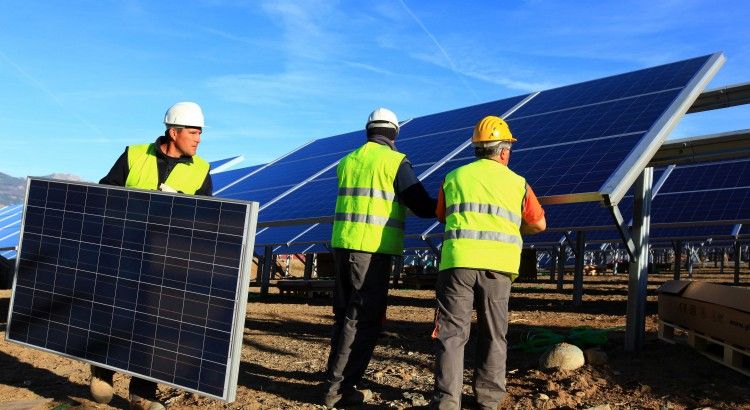World Trade Organization (WTO) simulations suggest that eliminating tariffs and reducing non-tariff measures on a subset of energy-related environmental goods could boost exports by 5 percent by 2030.
At the same time, the resulting increases in energy efficiency and adoption of renewables would reduce global emissions by 0.6 percent.
To the extent that trade helps accelerate the low-carbon transition, it will contribute to job creation: one estimate suggests that the global shift to clean energy will generate up to 30 million new jobs in the clean energy and related sectors by 2030.
According to the WTO, trade can reduce the cost of mitigation and accelerate the low-carbon transition and the creation of green jobs.
While trade, like most economic activity today, generates GHG emissions, it also helps reduce them by enabling access to cutting-edge climate technologies; incentivizing innovation in low-carbon technologies by expanding the size of the market; and fostering competition and economies of scale that help reduce costs.
Trade and value chains have been important factors in the dramatic drop in the cost of solar and wind power generation.
WTO
Now that renewables are cheaper than fossil alternatives in some places, the adoption of renewables has accelerated.
A WTO report argues that trade is a positive force for the climate and part of the solution to achieving a low-carbon, resilient and just transition.
While trade itself generates emissions from production and transport, trade and trade policies can accelerate the diffusion of cutting-edge technologies and best practices, and improve incentives for further innovation, while creating the jobs of the future.
Trade is critical to ensure that clean energy investments have the greatest reach and impact, at the lowest cost and where they are most needed.
From the WTO’s perspective, it would be unwise to forego these benefits, especially now that the big boost in green investment we need will coincide with the rising real costs of capital and the uncertainty looming over energy security due to geopolitical tensions and war.
Meanwhile, the 2022 United Nations Climate Change Conference (COP27) kicked off this Sunday in Egypt.
![]()

